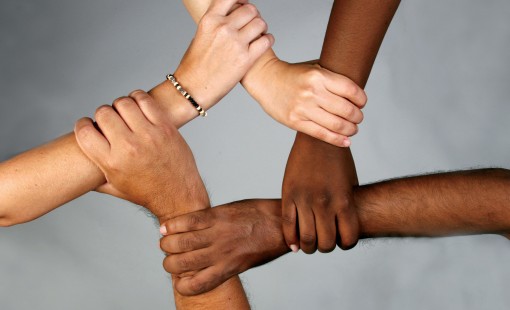Discrimination against minority college students in India has been a persistent issue that needs to be addressed urgently. India is a diverse country with a rich cultural heritage and a wide range of religions, castes, and languages. Unfortunately, this diversity is often seen as a threat by certain groups, leading to discrimination against minority students in colleges and universities.
Minority college students in India face various forms of discrimination, including social, economic, and cultural marginalization. They often face prejudice, stereotyping, and racism, which can manifest in different ways, such as name-calling, exclusion, or physical assault.
One of the most significant barriers that minority students face in India is the lack of access to higher education. Many students from minority communities do not have the financial resources to pursue higher education, while others face systemic obstacles due to their backgrounds.
Moreover, minority students often face discrimination in the admissions process, as well as during their time at college. There have been reports of students from certain communities being denied admission or being given lower grades than their non-minority counterparts. This discrimination affects their prospects and career opportunities and perpetuates the cycle of poverty and marginalization.
Another issue is the lack of representation and inclusivity in college curriculums. The syllabus often ignores the contributions and achievements of minority communities, which can lead to a distorted and incomplete understanding of Indian society and history. This lack of representation further marginalizes minority students and reinforces negative stereotypes and prejudices.
The discrimination against minority college students in India also extends to their social lives on campus. They may face discrimination and harassment from their peers or even faculty members, which can lead to feelings of isolation and alienation. This can further impact their academic performance and mental well-being.
Several factors contribute to discrimination against minority college students in India. One of the main factors is a lack of political will to address the issue. Despite constitutional guarantees of equality, there is often a lack of enforcement of these laws, and discrimination against minorities is often tolerated or even encouraged in some parts of the country.
Another factor is a lack of awareness and education about the experiences of minority students. Many people in India may not understand the challenges and obstacles that minority students face, and they may not appreciate the importance of creating a more inclusive and equitable educational environment.
To address discrimination against minority college students in India, several steps can be taken. One of the most important is to increase awareness and education about the issue. This can be done through public awareness campaigns, teacher training programs, and curriculum reform that includes more representation of minority perspectives.
Another important step is to increase access to higher education for minority students. This can be done through scholarships and financial assistance programs, as well as by working to create a more inclusive admissions process that does not discriminate against minority students.
Finally, it is important to hold institutions accountable for their treatment of minority students. This can be done through the enforcement of anti-discrimination laws, as well as by creating systems of oversight and accountability that ensure that colleges and universities are meeting their obligations to provide an inclusive and equitable educational environment for all students.
To combat discrimination against minority college students in India, there needs to be a concerted effort from all stakeholders, including the government, educational institutions, civil society, and the general public.
The following measures can be taken
- Increase access to education for minority students by providing scholarships, financial aid, and mentoring programs.
- Ensure fair and equal treatment in admissions and grading processes, and provide avenues for recourse for students who face discrimination.
- Foster a culture of inclusivity and diversity on campus by promoting dialogue, awareness, and mutual respect among students from different communities.
- Incorporate the contributions and achievements of minority communities in the curriculum to provide a more accurate and inclusive understanding of Indian society and history.
- Enforce strict penalties for discrimination and harassment, including disciplinary action against faculty and students who engage in such behavior.
Discrimination against minority college students in India is a complex and multifaceted issue that requires a sustained and concerted effort from all stakeholders. Addressing this issue is not only a moral imperative but also an essential step toward building a more equitable and inclusive society.

